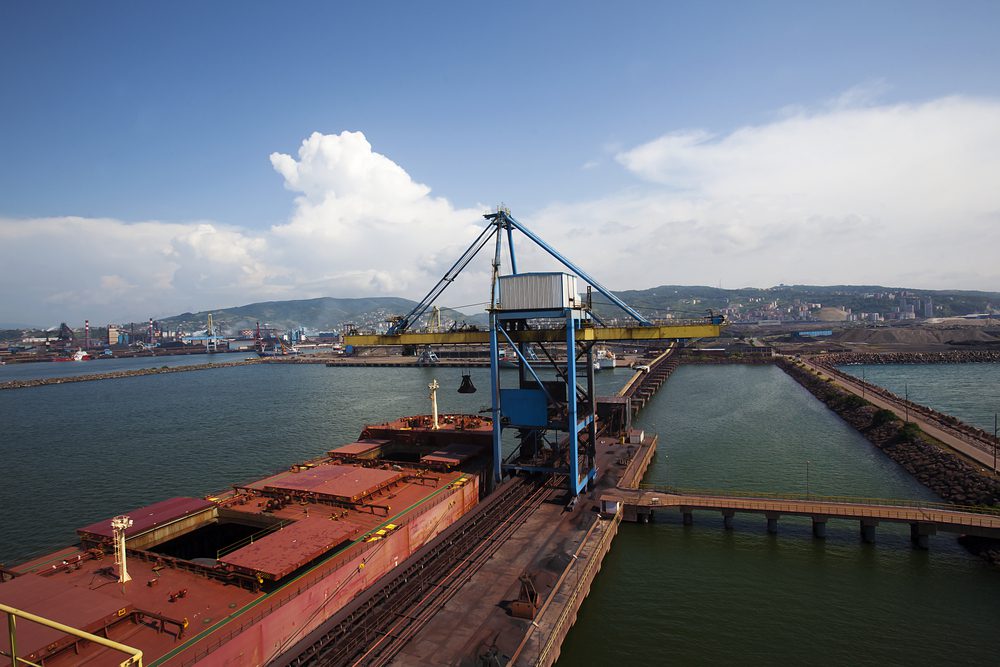Gasunie has made the investment decision for the first part of a nationwide hydrogen network. This first section will be from the Second Maasvlakte to Pernis. Work will start after the summer in the port of Rotterdam.
From 2030 onwards, the hydrogen network, which will cost some 1.5 billion euros, will connect the major industrial regions in the Netherlands and surrounding countries such as Germany and Belgium. The network will also soon have connections to import terminals in the seaports, Dutch hydrogen production, and large-scale hydrogen storage facilities.
Allard Castelein, CEO of the Port of Rotterdam Authority: “We are happy to hear Gasunie’s announcement. It is excellent news that work is starting in Rotterdam on the construction of the hydrogen network. Green hydrogen from sustainably generated electricity is going to play an important role in making industry and transport more sustainable. For a successful transition, we need to import hydrogen as well because we need more green hydrogen in Northwest Europe than we can make ourselves. Our port in Rotterdam will be an international hub for hydrogen production and distribution. In that way, we will maintain our position as an important energy port in the future. On the basis of that role, we can deliver a significant boost for the green hydrogen economy in the Netherlands and Northwest Europe.”
The first part of the hydrogen network in Rotterdam will extend from the Second Maasvlakte to Pernis. That is a section of more than thirty kilometers that is expected to be operational by 2025. The national network will ultimately be 1,200 kilometers long and 85% of it will consist of existing natural gas pipelines. From 2030 onwards, the national hydrogen network will connect seaports to the major industrial clusters (Eemshaven, North Sea Canal area, Rotterdam, Zeeland, and Limburg) in the Netherlands and to hydrogen storage sites. The large-scale storage capabilities will provide additional flexibility in green energy supplies. The network will also further the development of the Netherlands as a European hydrogen energy hub, as well as the growth of the international hydrogen market. Not only that, it will contribute to European energy autonomy.
The investment announced by Gasunie for the first part will be more than 100 million euros. Gasunie’s subsidiary, Hynetwork Services, will be responsible for development. Gasunie manages and maintains the infrastructure for the transport and storage of gas, which is increasingly shifting to green gas and hydrogen in the context of the energy transition.
Source: Hellenic Shipping News






